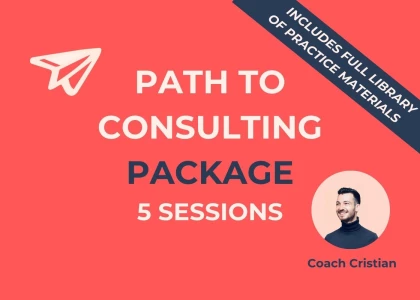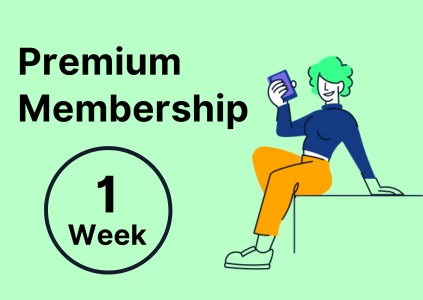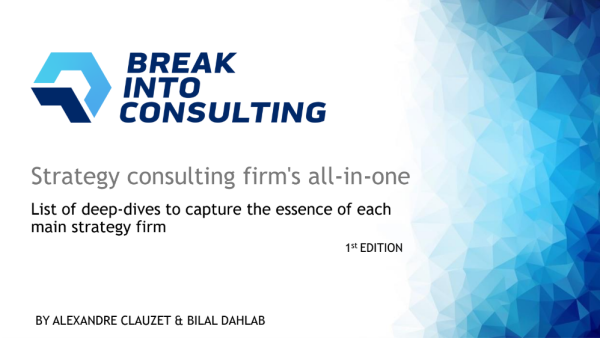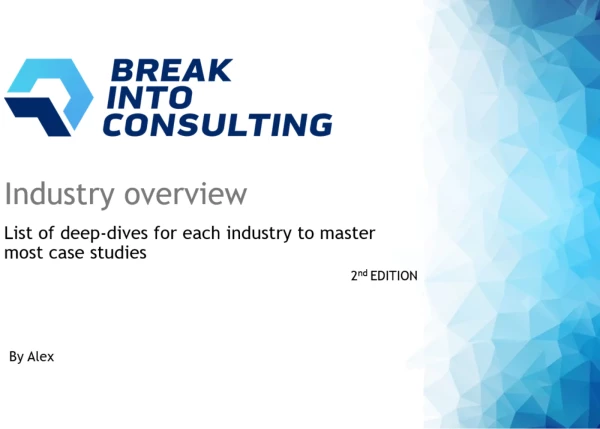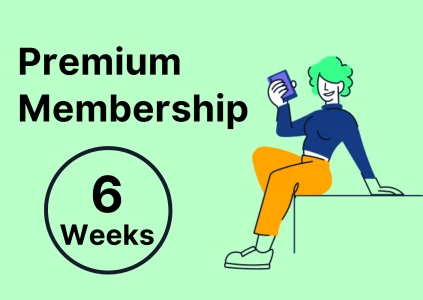Hi, I already started to prepare for cases and personal fit, but did not have the time to dive really deeply into preparations. Now I've got 10 more days to prepare for the final interview day with ATK in Germany. Do you have any special tips for the preparations and how to speed up? Any additional tips regardings special questions etc. for the Associate level are highly appreciated :)
Thanks a lot!
(edited)



